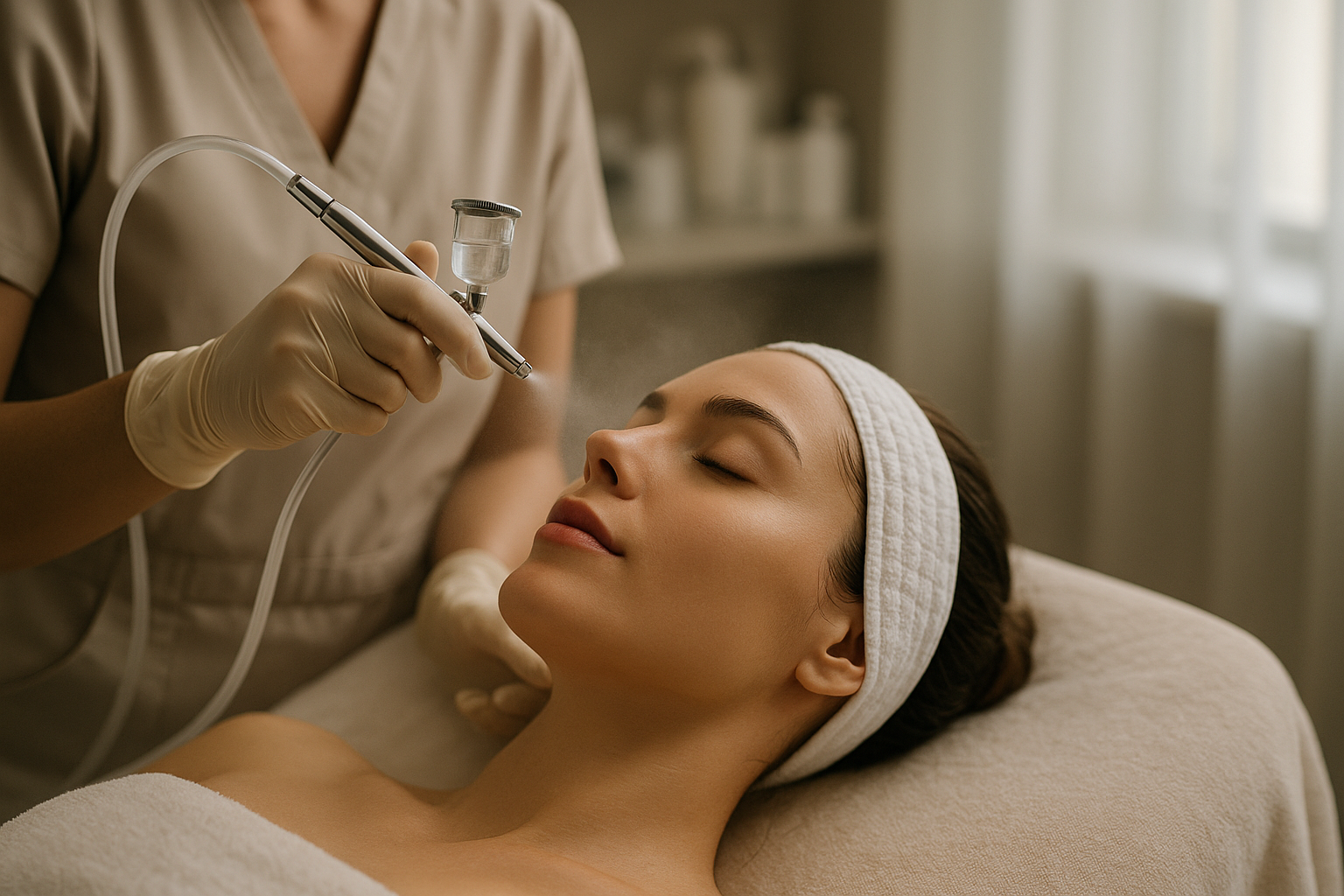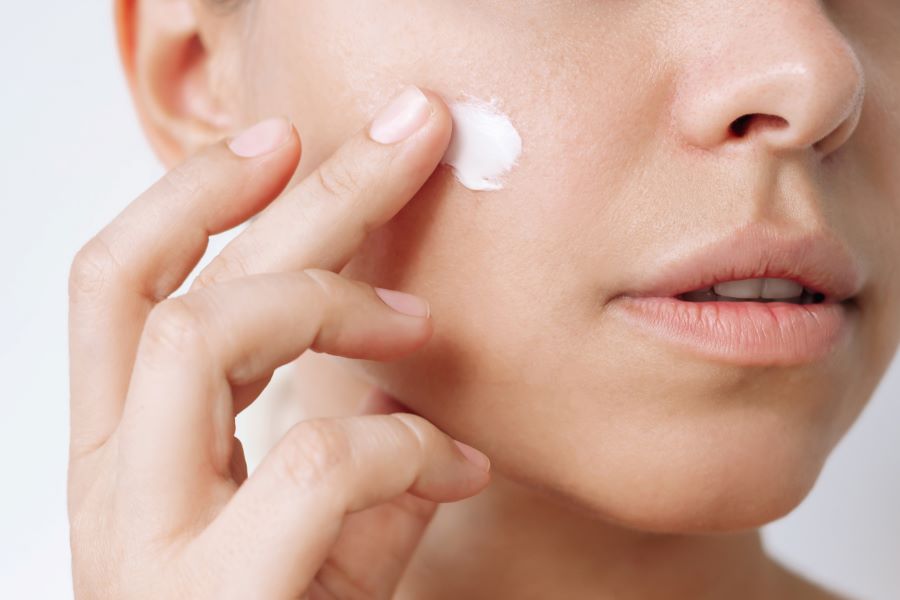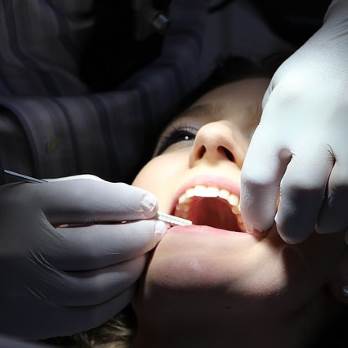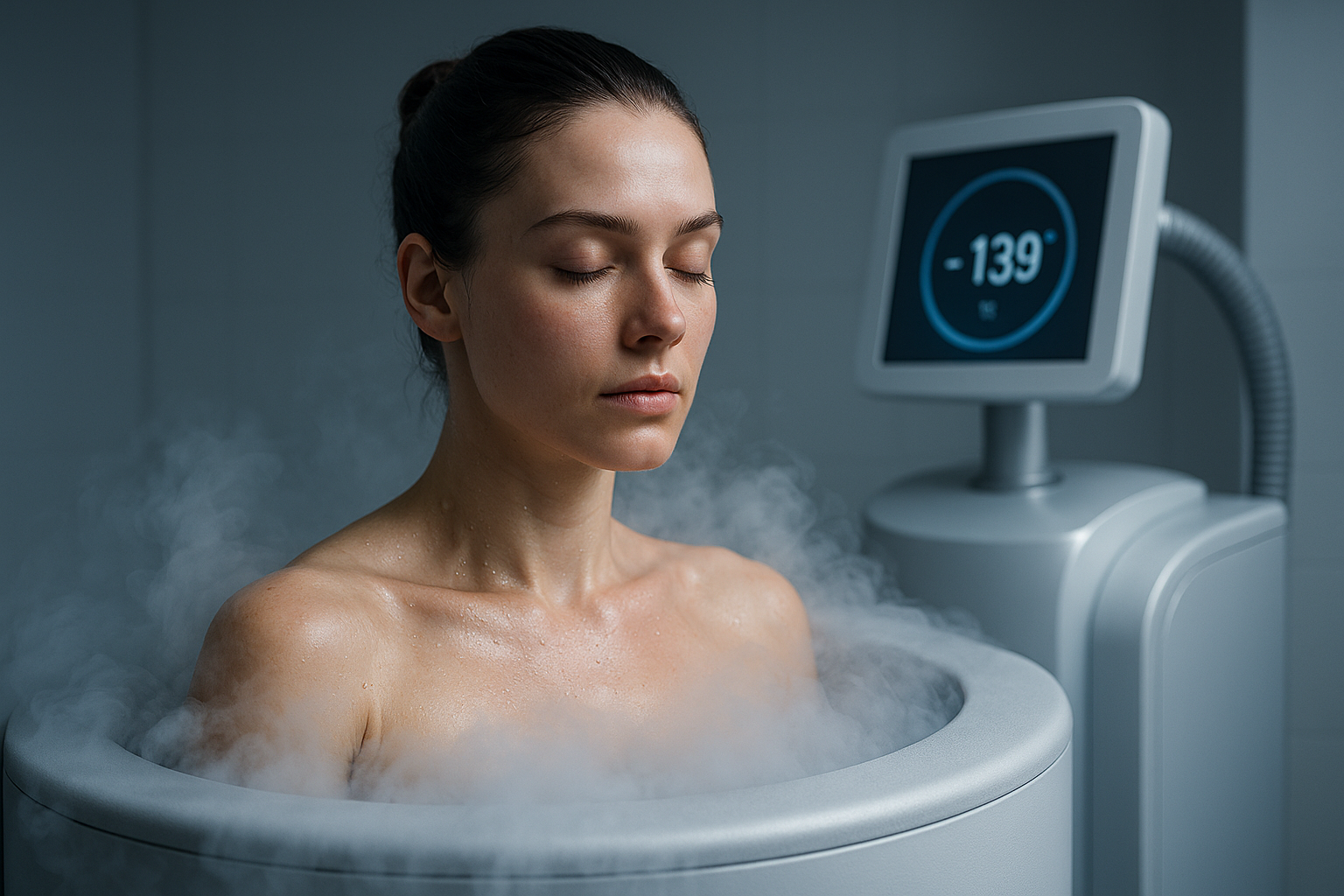Discover the Benefits of Laser Treatment for Brighter Skin in 2025 : Full Guide
Achieving radiant, even-toned skin has become more accessible than ever with advances in dermatological technology. Laser treatments have emerged as a popular solution for addressing pigmentation, sun damage, and dullness, offering a non-invasive path to brighter, healthier-looking skin. This comprehensive guide explores how these procedures work, what benefits they provide, and how to prepare for your treatment to ensure optimal results and safety.

Laser treatments have revolutionized the way we approach skin rejuvenation and brightening. As we move through 2025, these procedures continue to evolve, offering more precise, effective, and safer options for individuals seeking to improve their complexion. Whether you are dealing with age spots, melasma, uneven skin tone, or simply want to restore a youthful glow, laser technology provides targeted solutions that work beneath the skin’s surface to stimulate renewal and enhance brightness.
Understanding Laser Treatments
Laser treatments for skin brightening utilize concentrated beams of light that penetrate the skin at specific wavelengths. These wavelengths are absorbed by melanin, the pigment responsible for dark spots and uneven tone, or by water in the skin cells, depending on the type of laser used. The energy from the laser breaks down excess pigmentation and stimulates collagen production, promoting cell turnover and revealing fresher, brighter skin underneath.
There are several types of lasers used for skin brightening, including ablative lasers that remove the outer layers of skin, and non-ablative lasers that work deeper without damaging the surface. Fractional lasers create micro-injuries in the skin, triggering the body’s natural healing response and resulting in smoother, more radiant skin over time. Each type is suited to different skin concerns and skin types, making it essential to consult with a qualified dermatologist or licensed practitioner to determine the most appropriate option for your needs.
The technology behind these treatments has advanced significantly, with newer devices offering adjustable settings, cooling mechanisms to minimize discomfort, and shorter recovery times. This makes laser treatments increasingly accessible to a wider range of individuals seeking brighter, more even skin.
Benefits of Laser Treatment for Brighter Skin
One of the primary advantages of laser treatments is their ability to target specific areas of hyperpigmentation without affecting surrounding tissue. This precision reduces the risk of damage and allows for customized treatment plans tailored to individual skin concerns. Patients often notice a visible reduction in dark spots, sun damage, and melasma after just a few sessions.
Beyond pigmentation correction, laser treatments stimulate collagen and elastin production, which improves skin texture and firmness. This dual action not only brightens the complexion but also reduces fine lines and wrinkles, contributing to an overall more youthful appearance. The results are gradual and natural-looking, avoiding the artificial appearance that can sometimes accompany other cosmetic procedures.
Another significant benefit is the relatively minimal downtime associated with many modern laser treatments. While some procedures may require a few days of recovery, non-ablative and fractional lasers often allow patients to return to their daily activities almost immediately. This convenience makes laser treatments an attractive option for individuals with busy schedules who still want to invest in their skin health.
Additionally, laser treatments can be used on various parts of the body, including the face, neck, chest, and hands, providing comprehensive solutions for sun damage and aging signs across multiple areas.
Preparing for Laser Treatment
Proper preparation is crucial to achieving the best results and minimizing potential side effects. Before undergoing any laser procedure, schedule a thorough consultation with a qualified practitioner. During this appointment, your skin type, medical history, and specific concerns will be evaluated to determine the most suitable treatment approach.
In the weeks leading up to your appointment, avoid excessive sun exposure and always use broad-spectrum sunscreen with at least SPF 30. Tanned or sunburned skin increases the risk of complications and can interfere with the laser’s effectiveness. Many practitioners also recommend discontinuing certain skincare products, such as retinoids, exfoliating acids, and vitamin C serums, for a specified period before treatment, as these can make the skin more sensitive.
If you have a history of cold sores, inform your practitioner, as laser treatments can trigger outbreaks. Antiviral medication may be prescribed as a preventive measure. Additionally, avoid waxing, chemical peels, or other aggressive skin treatments for at least two weeks prior to your laser session.
On the day of treatment, arrive with clean, makeup-free skin. Your practitioner will likely apply a topical numbing cream to minimize discomfort during the procedure. Following the treatment, adhere strictly to aftercare instructions, which typically include keeping the treated area moisturized, avoiding sun exposure, and refraining from picking at any flaking or peeling skin.
Staying hydrated and maintaining a healthy skincare routine post-treatment will support the healing process and enhance your results. Most patients require multiple sessions spaced several weeks apart to achieve optimal brightening effects, so patience and consistency are key.
Conclusion
Laser treatments offer a scientifically backed, effective approach to achieving brighter, more even-toned skin in 2025. By understanding how these technologies work, recognizing their numerous benefits, and properly preparing for your sessions, you can maximize results while minimizing risks. As with any cosmetic procedure, choosing a qualified and experienced practitioner is essential to ensure safety and satisfaction. With the right care and realistic expectations, laser treatments can be a transformative step toward healthier, more radiant skin.
This article is for informational purposes only and should not be considered medical advice. Please consult a qualified healthcare professional for personalized guidance and treatment.




